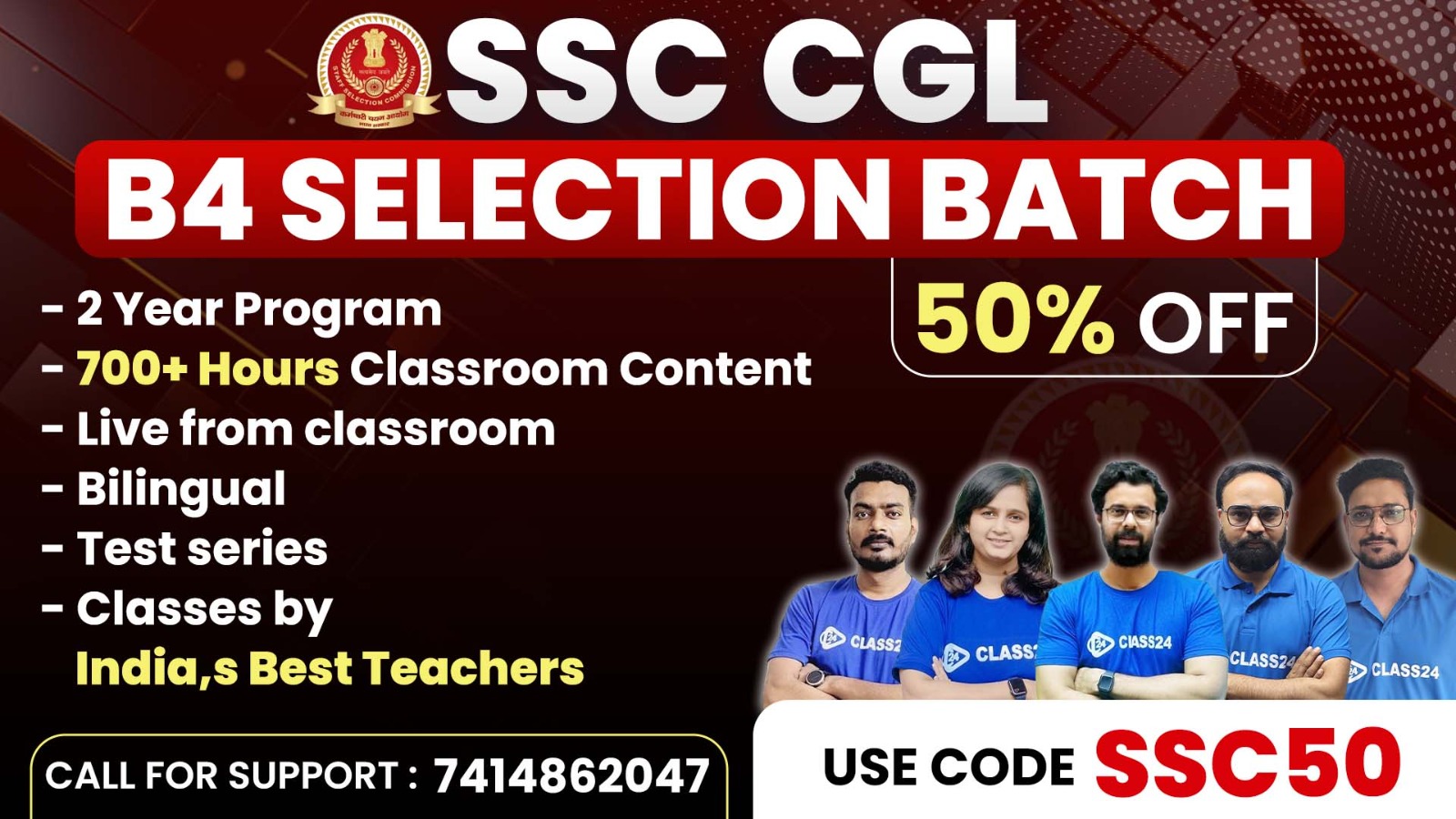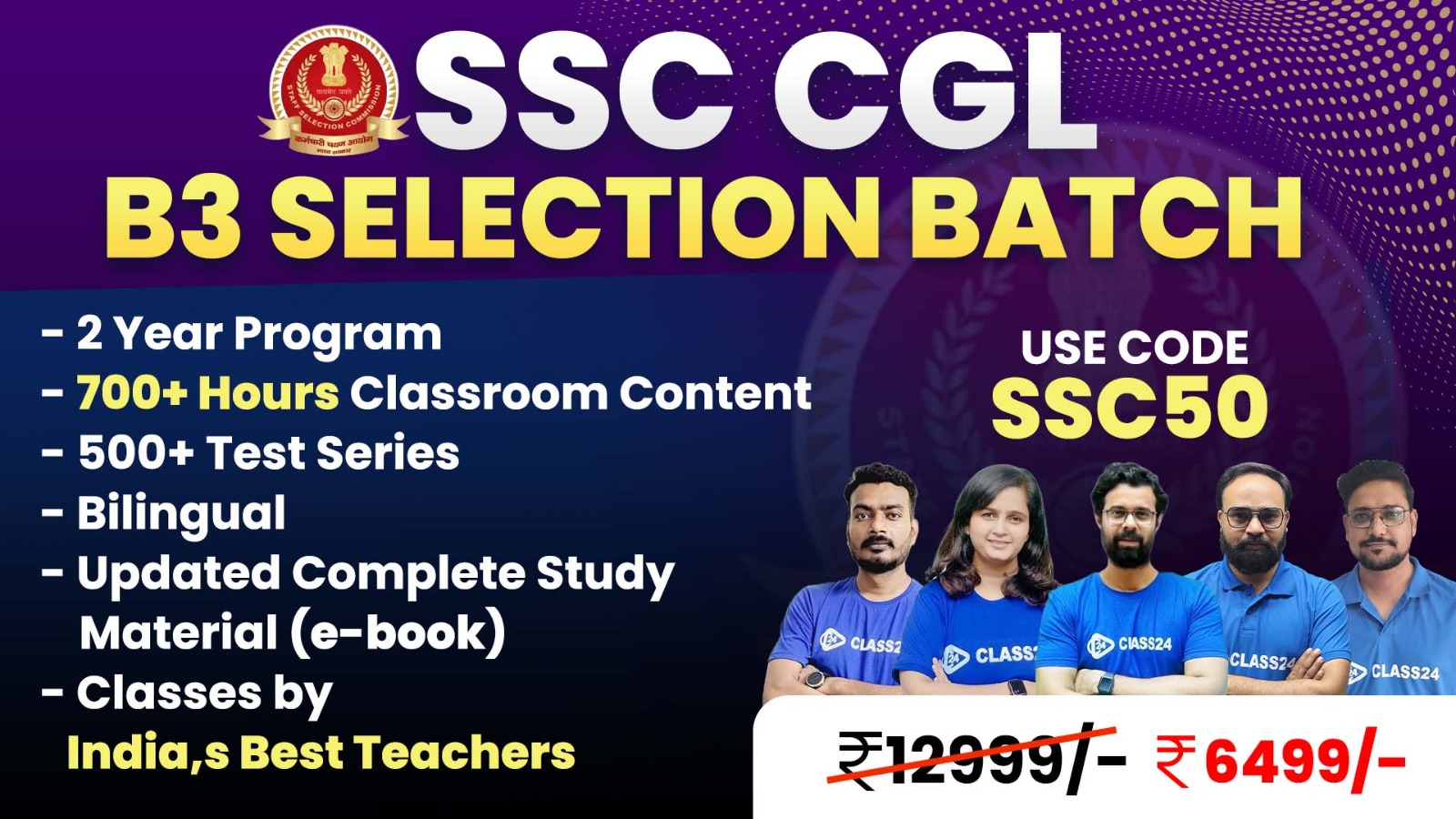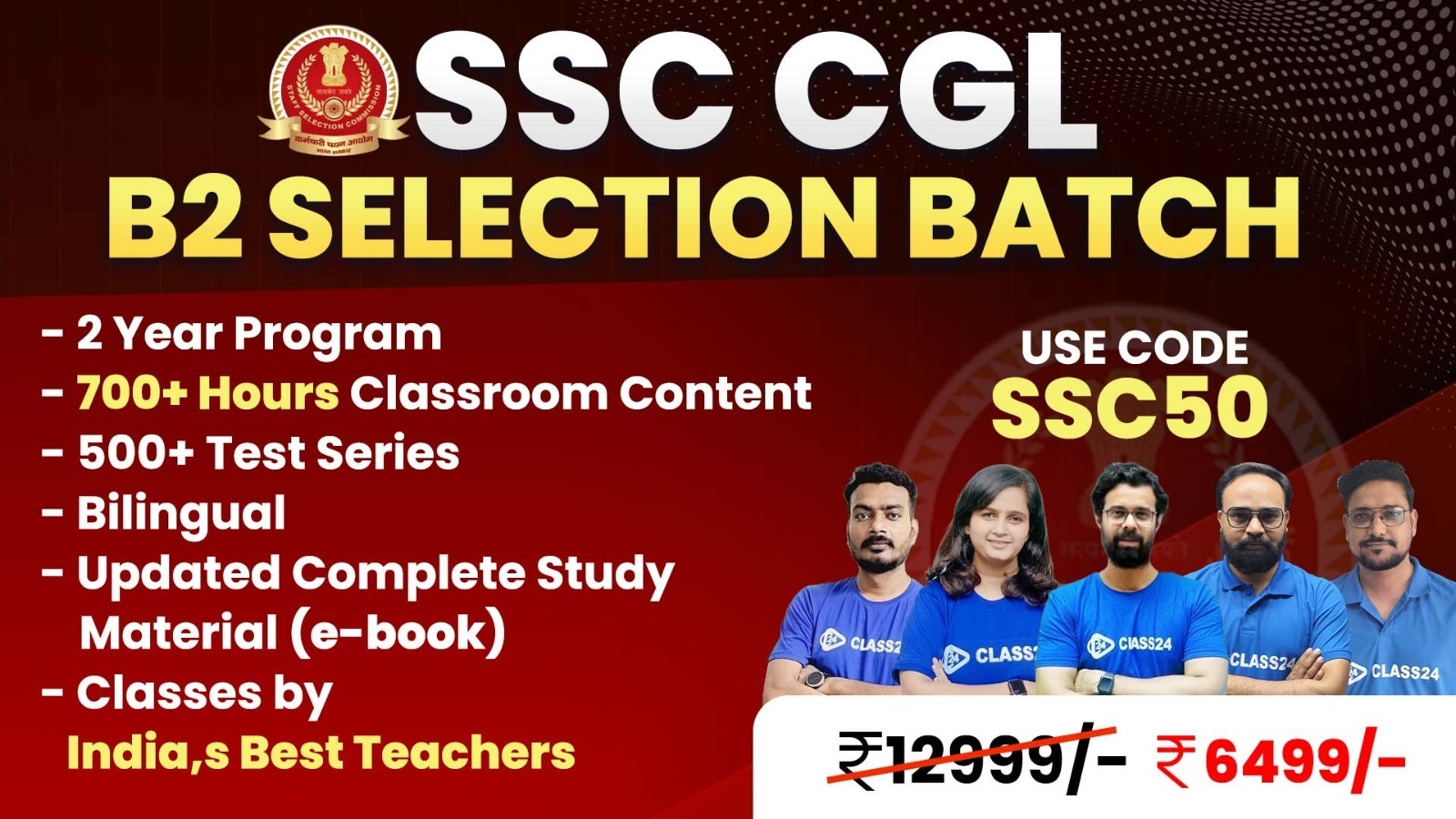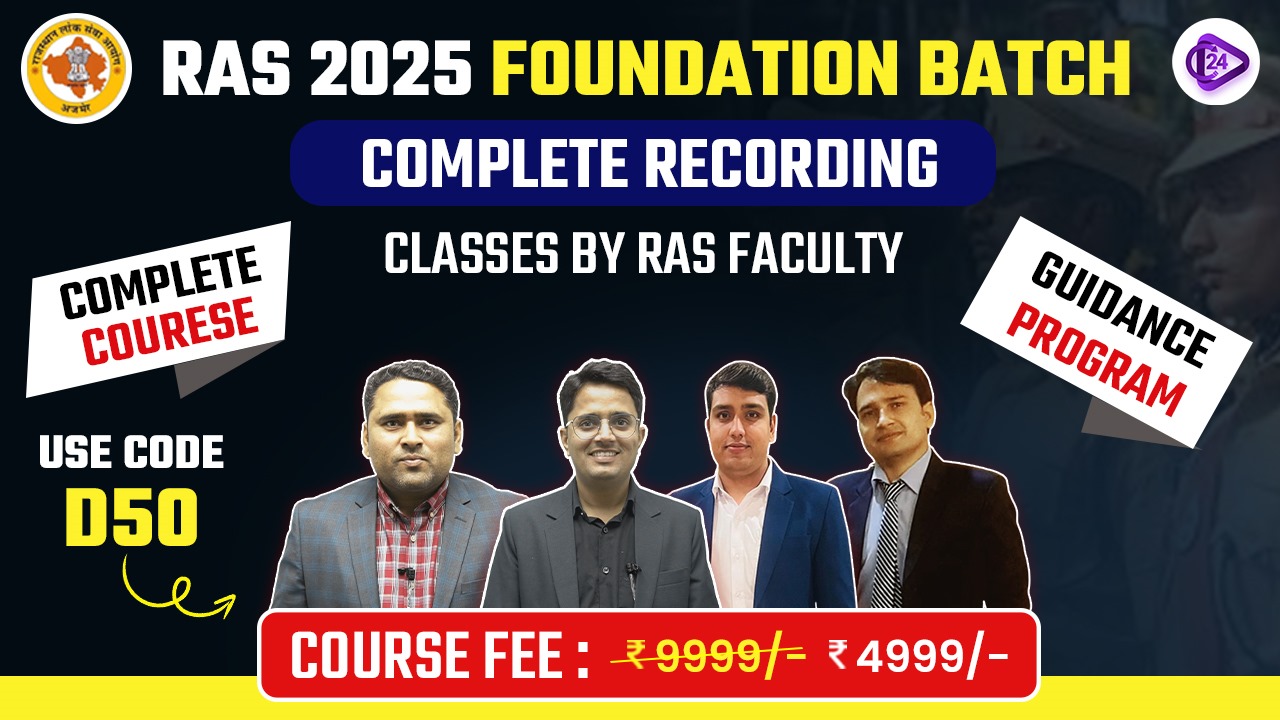
The Supreme Court expressed financial concerns about freebies because such policies force states to face budget problems while creating disincentives for work. Recent PIL cases alongside government official declarations led to a need for evaluating the status of DPSP's authorized giveaways which received judicial approval in the 2013 S Subramaniam Balaji case. A three-judge Bench at the Supreme Court has received the case for determining the legal parameters and policy guidelines of welfare schemes.
Recent Observations by the Supreme Court
-
The Supreme Court expressed disapproval toward election-time freebies because they create work disincentives and reduce the workforce.
-
Under questioning from Justice B R Gavai it was discussed whether welfare programs establish a "class of parasites" rather than supporting economic contributions.
-
The "Ladli Behna Yojana" program was introduced as an example of incentive-based schemes that work against employment opportunities.
Judicial Precedents on Freebies
-
The Court raised welfare spending doubts in January 2024 because of limited financial sources.
-
Prime Minister Narendra Modi drew public attention to the "revdi culture" through his comments during the year 2022.
-
The Aam Aadmi Party supported welfare schemes through their defense of irrational freebie distribution when Advocate Ashwini Kumar Upadhyay filed a PIL.
2013 Judgment: S Subramaniam Balaji Case
-
The Supreme Court determined that distributing free items including color TVs and laptops fit under Directive Principles of State Policy (DPSP).
-
The court refused to intervene in these distribution efforts because they made no legal case for intervention.
-
During his term as CJI N V Ramana suggested a review of this judicial decision in 2022.
Supreme Court’s Review and Referral
-
Three judges from the Court took charge of petitions requesting a freebie ban on August 26, 2022.
-
The task of the Bench involves establishing the line between essential welfare programs and campaign election promotions.
Way Forward
-
The distribution of free items creates both legal and ethical dilemmas because it needs to strike a balance between public welfare and economic stability.
-
Excessive giveaways without economic contribution risk fiscal imprudence and dependency.
-
India's future welfare policies will receive vital direction through the Supreme Court's future decision-making process.
Conclusion
Economic and social justice through social welfare programs remains essential yet unlimited election-time freebies can trigger fiscal issues in the economy. A proper distinction should exist between welfare essentials meant for public benefits and political handouts intended for electoral success. A forthcoming ruling from the Supreme Court will establish fundamental guidelines that will impact both welfare initiatives and economic management throughout the nation of India




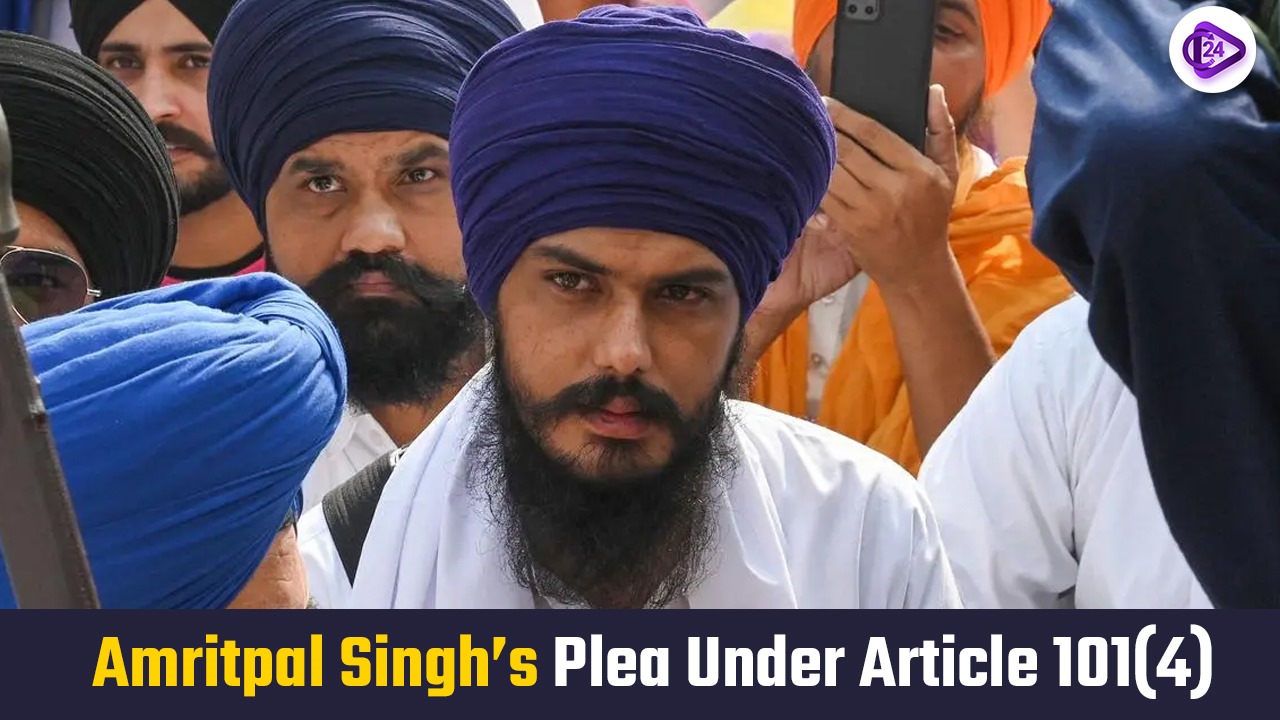 Article 101(4) of the Indian Constitution
Article 101(4) of the Indian Constitution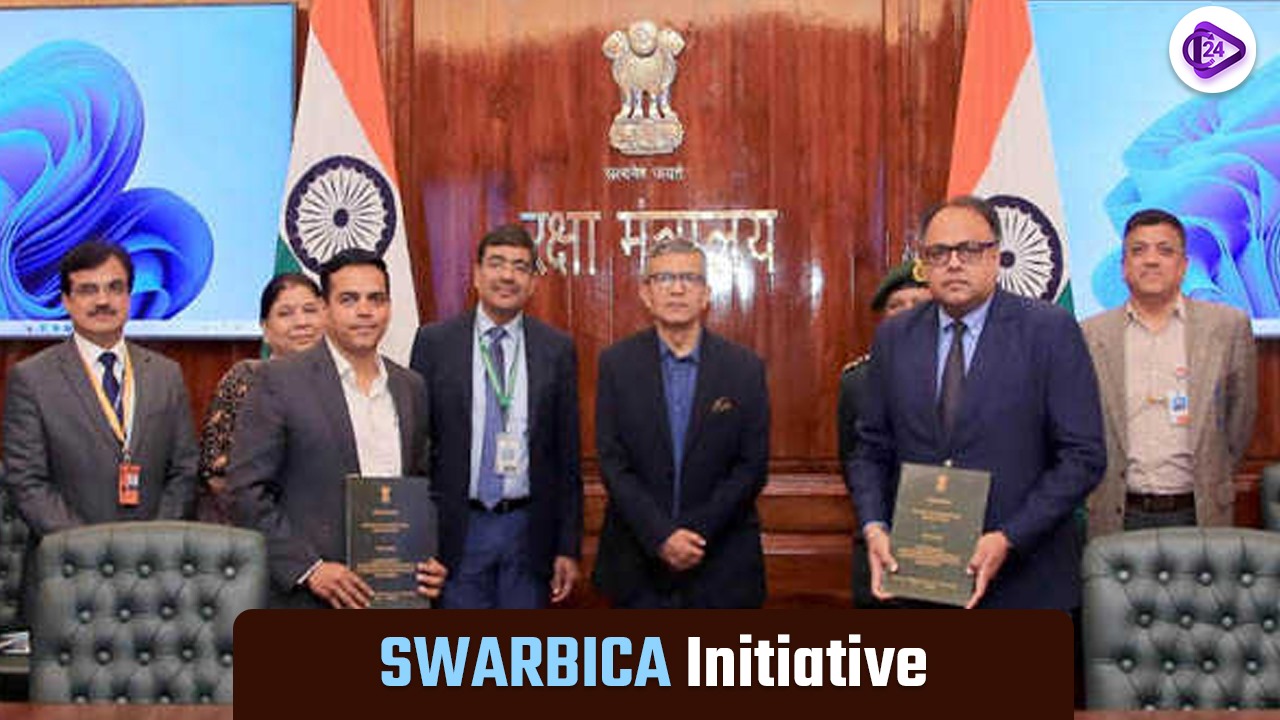 SWARBICA: Tradition, Legacy, and Ancestry Meet Digital India
SWARBICA: Tradition, Legacy, and Ancestry Meet Digital India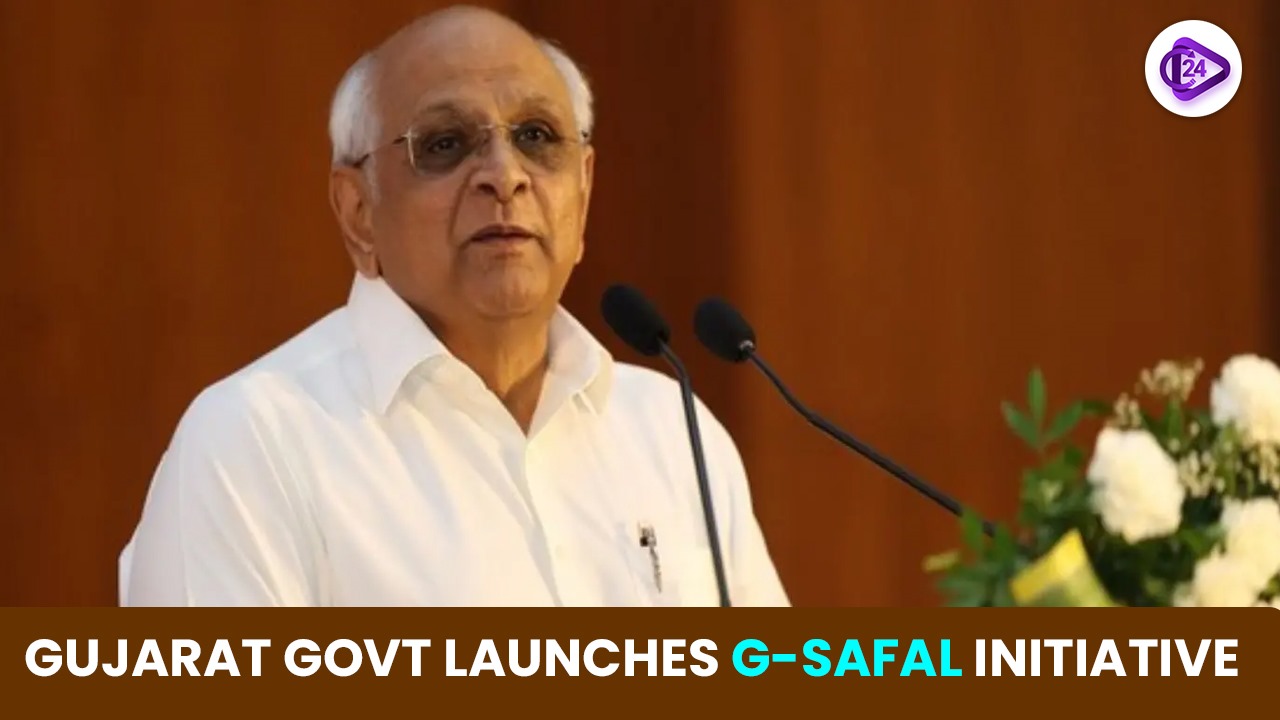 G-SAFAL Initiative Launched by Gujarat Government
G-SAFAL Initiative Launched by Gujarat Government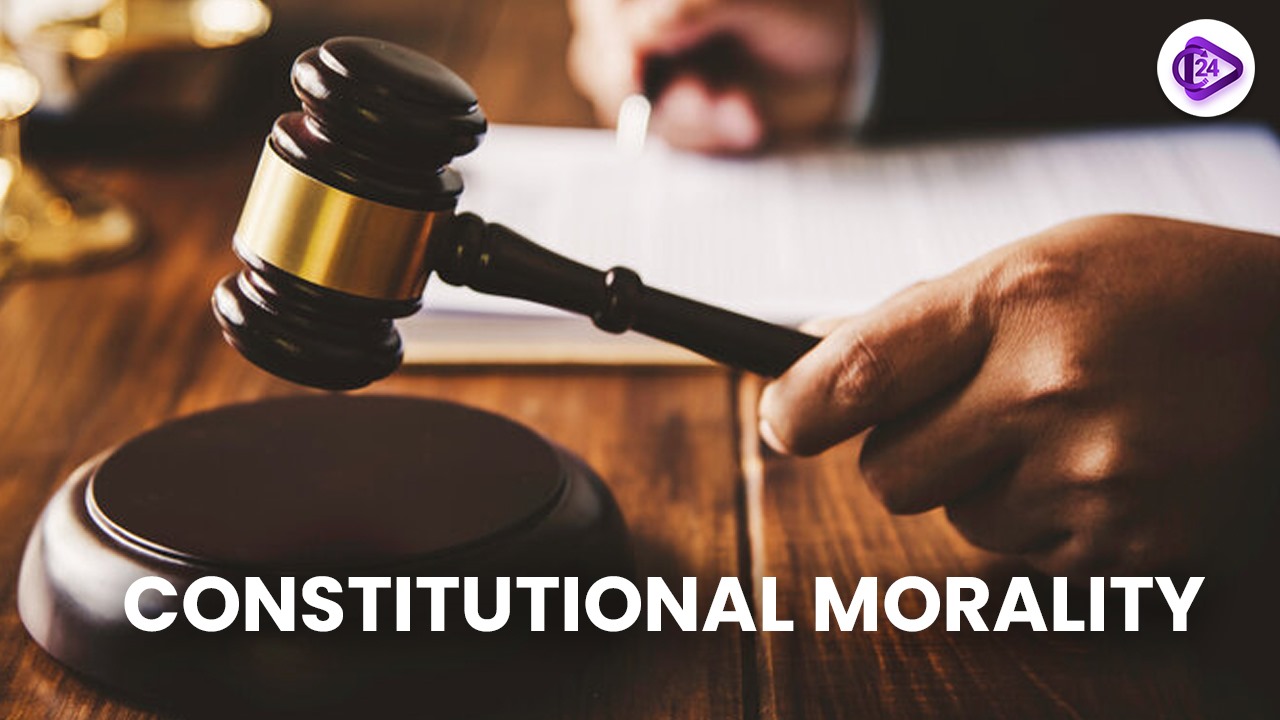 Constitutional Morality: Key to Sustaining Democracy and Reforms
Constitutional Morality: Key to Sustaining Democracy and Reforms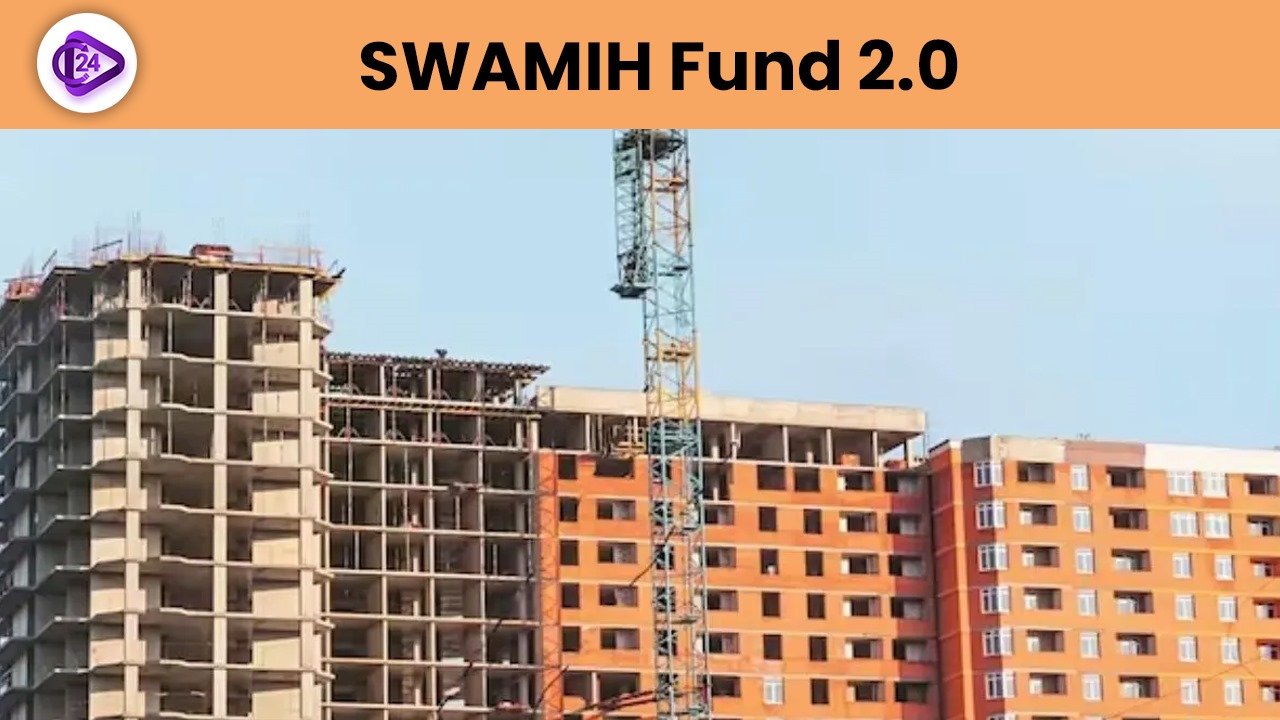 SWAMIH Fund 2.0: Boosting India's Real Estate Revival
SWAMIH Fund 2.0: Boosting India's Real Estate Revival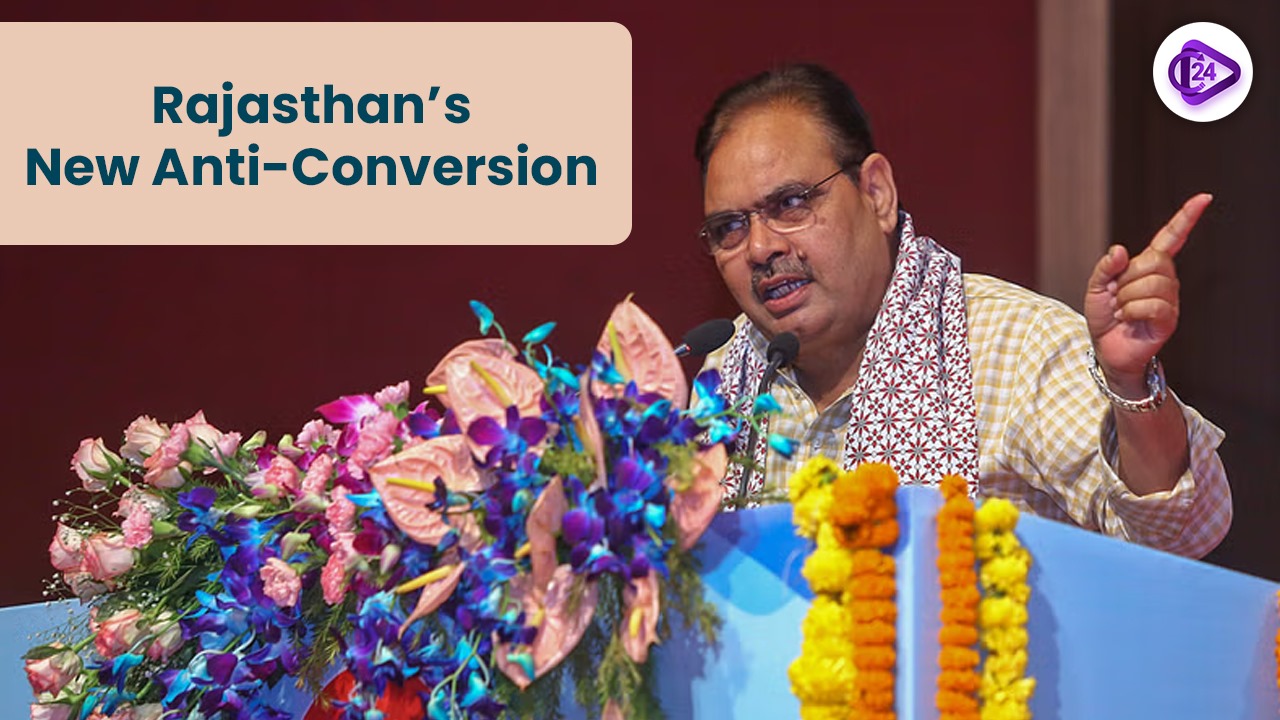 Rajasthan Anti-Conversion Law 2025 Strengthens Religious Safeguards
Rajasthan Anti-Conversion Law 2025 Strengthens Religious Safeguards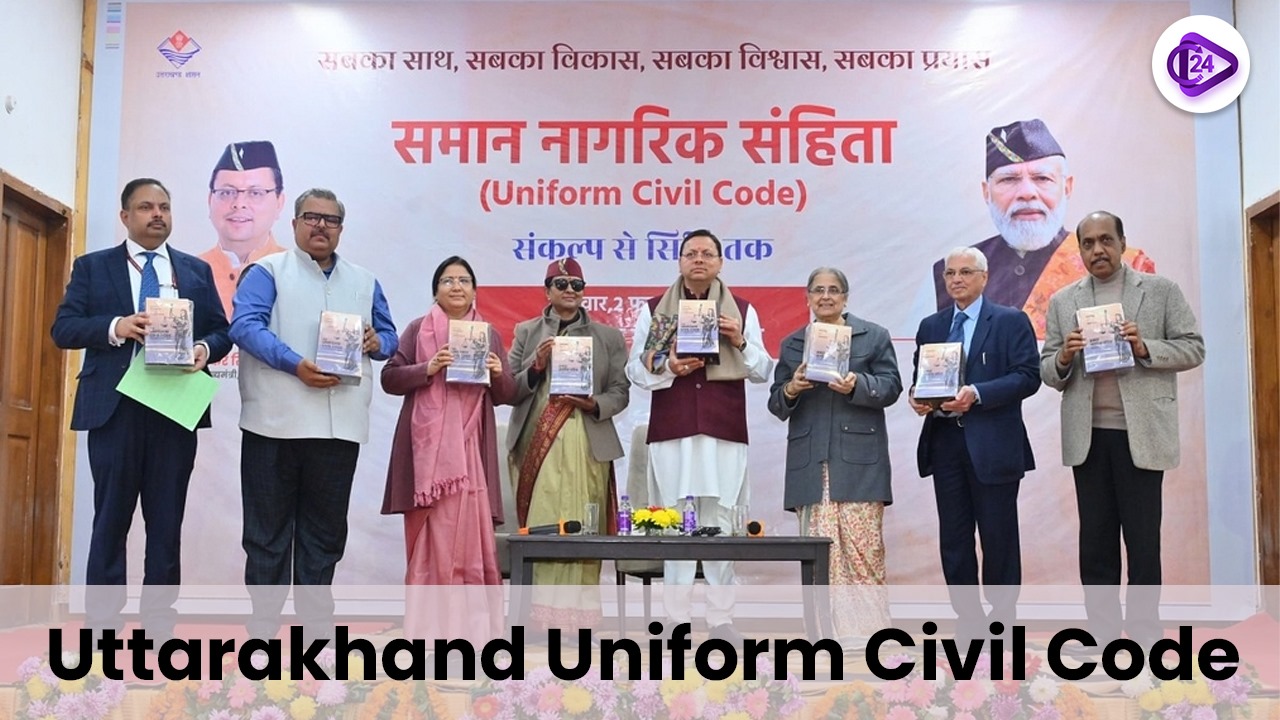 Live-in Relationships Under the UCC Act: Legal Boundaries
Live-in Relationships Under the UCC Act: Legal Boundaries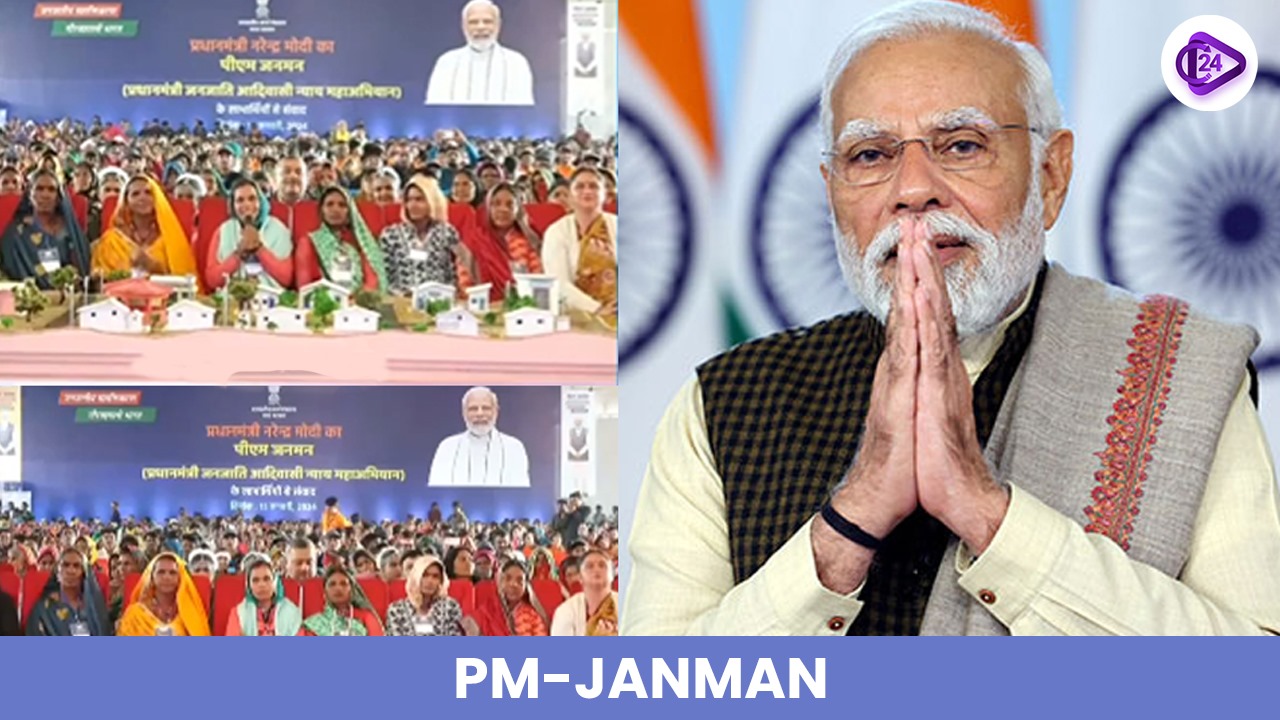 PM-JANMAN projects set to boost growth and prosperity in Maharashtra
PM-JANMAN projects set to boost growth and prosperity in Maharashtra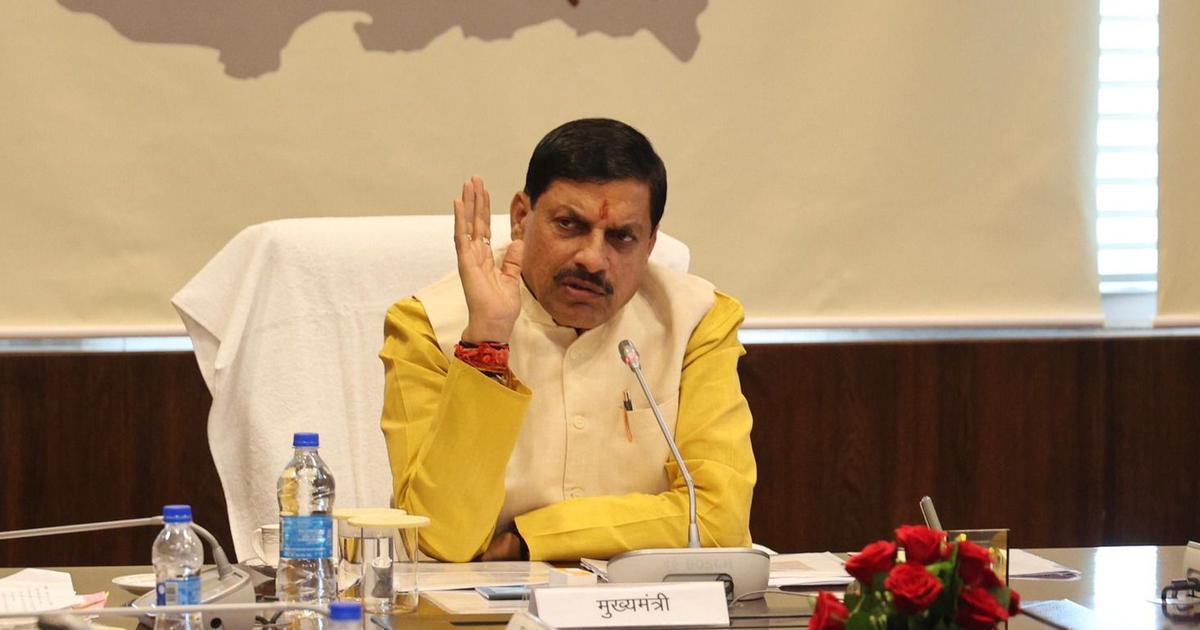 Madhya Pradesh Bans Liquor Sales in Religious Towns
Madhya Pradesh Bans Liquor Sales in Religious Towns
